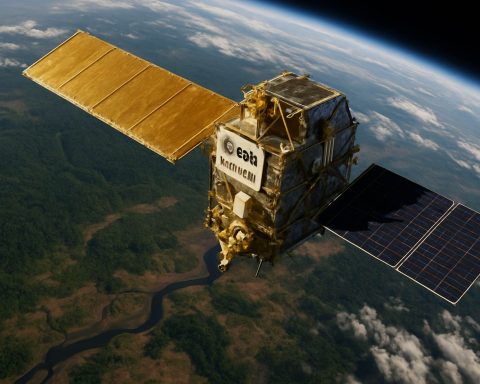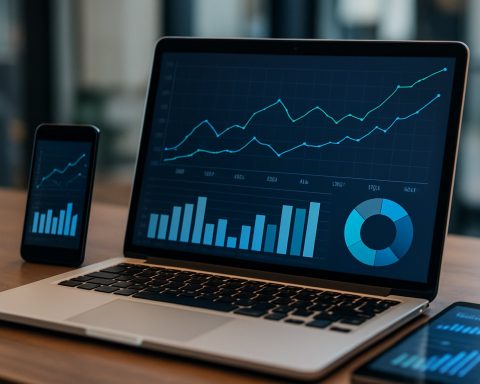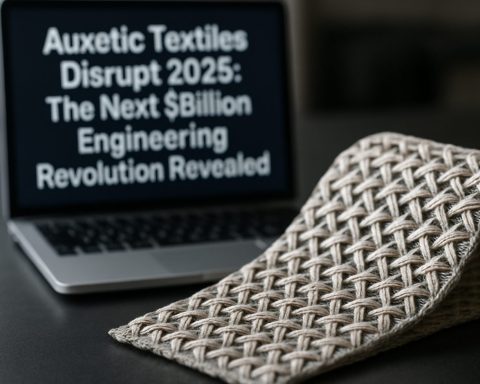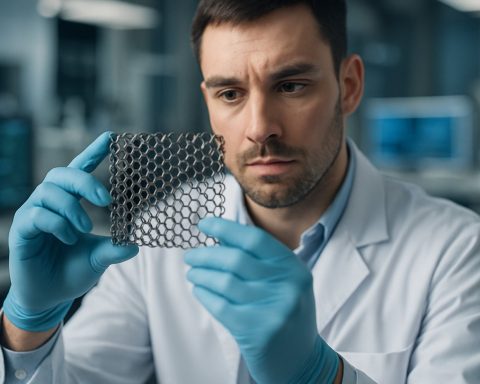- Porsche has launched an innovative pilot project focused on recycling high-voltage electric vehicle batteries to foster sustainability.
- The project employs mechanical shredding to transform old batteries into “black mass,” consisting of valuable elements such as nickel, cobalt, manganese, and lithium.
- 65 tonnes of “black mass” have been reclaimed, highlighting success in the recycling process.
- Stringent refinement ensures that recovered materials meet quality standards necessary for Porsche’s high-performance vehicles.
- The project aims to incorporate these refined materials into new battery cells with recycled content.
- Porsche’s initiative aligns with anticipated European Union battery regulations, focusing on recycled content and traceability by 2031.
- This project underscores Porsche’s commitment to sustainability, securing raw material supply and promoting a circular economy.
- The venture highlights Porsche’s dedication to combining luxury, performance, and environmental responsibility.
In a bold leap towards a sustainable future, Porsche has unveiled a groundbreaking pilot project aimed at the revolutionary recycling of high-voltage electric vehicle (EV) batteries. This endeavor embarks on a transformative journey, reclaiming critical raw materials and sculpting an innovative circular supply model that promises to redefine the landscape of automotive sustainability.
Unlocking the hidden potential within discarded batteries, Porsche’s project delves into the gritty process of mechanical shredding. This high-tech operation transmutes exhausted batteries into “black mass”—a raw, granular concoction brimming with promise. From this darkly unassuming material springs an array of precious elements: nickel, cobalt, manganese, and lithium. These elements, once scattered and entombed in expired cells, are reborn through meticulous refinement to embody the pinnacle of purity essential for powering tomorrow’s vehicles.
As of now, a staggering 65 tonnes of this prospective gold mine has been harvested from development vehicle batteries, signaling a triumph in the art and science of recycling. The mission: to reclaim and repurpose, turning waste into indispensable resources for future innovations.
In a world where pristine material consistency is king, Porsche’s quest extends beyond simple recovery. The company emphasizes the need for immaculate refinement, ensuring that every gram meets stringent quality benchmarks vital to their renowned performance standards. With surgical precision, separated aluminum, copper, and refined black mass lay the foundation for the next wave of Porsche’s technological marvels.
Culminating in an ambitious finale, the project’s third phase plans to usher these refined treasures into battery cells with defined shares of recycled content. These avant-garde cells will undergo rigorous testing in Porsche’s forthcoming electric fleet, marking a tangible leap towards a circular economy—a vision that’s a central pillar of the brand’s sustainability strategy.
The intricate dance of extracting and refining stands as not only a testament to Porsche’s commitment but also a strategic maneuver in anticipation of impending European Union battery regulations. Slated for 2031, these new rules will elevate the necessity for recycled content and precise traceability, a future Porsche is determined to navigate with foresight and innovation.
Through this visionary initiative, Porsche cements its role as a vanguard in sustainable vehicle production, meeting pressing environmental challenges head-on while securing its raw material supply from geopolitical whims. The company’s proactive stance is not just a nod to environmental stewardship but a celebration of human ingenuity—transforming what once was waste into the wealth of the future.
By advancing this cutting-edge project, Porsche not only reinforces its legacy of luxury and performance but also champions a world where resources are cherished and every component is optimized, closing the loop on an automotive revolution.
Unveiling the Future: How Porsche’s Battery Recycling Revolution Could Transform the Automotive Landscape
Unveiling Porsche’s Groundbreaking Battery Recycling Pilot
Porsche has embarked on a pioneering mission to redefine automotive sustainability through their revolutionary pilot project focused on the recycling of high-voltage electric vehicle (EV) batteries. By reclaiming critical raw materials and adopting a circular supply model, Porsche aims to set a new standard in resource management and sustainability.
Key Innovations and Processes
1. Mechanical Shredding and Black Mass Production:
Porsche’s process begins with the mechanical shredding of used EV batteries, producing a material known as “black mass.” This granular substance is rich in elements including nickel, cobalt, manganese, and lithium. These elements are essential for the production of new batteries, affirming that this approach not only recycles valuable materials but also promotes a circular economy.
2. High-Quality Material Refinement:
The emphasis on pristine material consistency is crucial. Porsche ensures that every gram of separated aluminum, copper, and refined black mass meets their stringent quality standards. This meticulous refinement process is essential to maintain the brand’s renowned performance levels.
3. Testing and Implementation:
In the project’s third phase, the refined materials will be used to produce new battery cells with defined shares of recycled content. These cells are then subjected to rigorous testing in Porsche’s future electric fleet, ensuring performance meets the brand’s high standards.
Industry Impact and Future Trends
Compliance with EU Regulations:
Porsche’s initiative aligns with anticipated European Union battery regulations set for 2031. These regulations will demand increased recycled content and precise traceability in battery production, areas where Porsche is already paving the way.
Market Forecasts and Industry Trends:
The global EV battery recycling market is expected to grow significantly. Companies like Porsche, which are investing in sustainable and innovative recycling methods, are poised to lead the industry as environmental regulations tighten and the demand for eco-friendly products increases.
Controversies and Limitations:
While Porsche’s project is laudable, challenges remain. The recycling process requires significant energy, and there’s ongoing debate about the carbon footprint of these methods versus the environmental benefits. Addressing these issues is crucial to optimizing sustainability gains.
Real-World Application and Benefits
Environmental Benefits:
Porsche’s recycling method reduces the need for mining new raw materials, mitigates environmental degradation, and conserves energy. This contributes to decreased carbon emissions and supports global climate goals.
Economic Advantages:
By securing a stable supply of critical materials, Porsche lessens its reliance on fluctuating global markets. This could lead to more stable pricing for their EVs and potential reductions in consumer costs.
Practical Insights and Recommendations
For Industry Professionals:
– Adopt Proven Practices: Automotive companies should consider adopting similar recycling strategies to enhance sustainability.
– Focus on Quality: Ensure that recycled materials meet high-quality standards to maintain product performance.
For Consumers:
– Support Sustainable Innovations: Choose brands committed to sustainability, like Porsche, that actively reduce their environmental impact.
– Stay Informed: Understand how recycled content in vehicle components can benefit both the environment and your wallet.
For more insights into sustainable automotive innovations, visit Porsche.
In conclusion, Porsche’s bold initiative not only reinforces their legacy of performance and luxury but also heralds a future where automotive excellence and environmental responsibility go hand in hand. As the automotive world evolves, embracing sustainability will be key to securing a prosperous and eco-friendly future for the industry.










